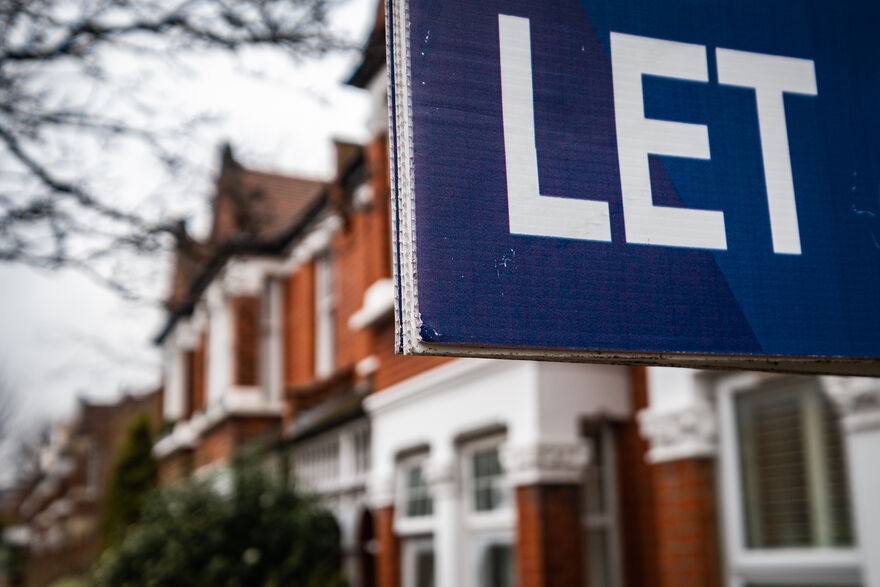
Conservative’s Renters (Reform) Bill v Labour’s Renters’ Rights Bill – What does a landlord need to know?
The Renters (Reform) Bill was introduced by the Conservative government in June 2022 and was expected to drastically change the rights of tenants and landlords. However, the bill failed to pass before Labour’s landslide victory, and the new government has announced the new Renters’ Rights Bill, which hopes to give “greater rights and protections to people renting their homes”.
This change has landlords asking; what are the differences between the two bills and what does this mean for landlords?
Abolishing Section 21
Whilst both governments indicated their intention to abolish Section 21 ‘no fault’ evictions, the Conservatives hinted at the fact this would only be done once improvements had been made to the court process in this area. The Labour party on the other hand have promised to “immediately abolish” Section 21, although in reality, the bill still needs to pass the House of Commons and Lords, and therefore will take some time to come into effect. Also, Labour intend to introduce new grounds for possession and at this stage, have made no reference to abolishing fixed term tenancies. In comparison, The Renters (Reform) Bill proposed replacing fixed term assured tenancies with a new system of open ended tenancies.
Rent increases
The Renters (Reform) Bill planned to end the use of rent review clauses, but landlords may have been able to raise their rents once a year if this was in line with market rates. While similarly, The Renters’ Rights Bill aims to end the use of rent review clauses and gives tenants the ability to challenge increases, it does not make mention of the ability of landlords to raise rent in line with market rates, but Labour have confirmed that they do not intend to introduce rent controls.
The Decent Home Standards and Awaab’s Law
The Decent Homes Standard sets a minimum standard for all social housing in England and Northern Ireland. The Renters Reform Bill intended to apply this standard to private housing and to introduce a £30,000 fine or banning order for failure to comply, whereas the Renters’ Rights Bill takes it one step further, by also extending Awaab’s Law to the private sector. This law was introduced in July 2023 after Awaab Ishak sadly passed away in December 2020, as a result of prolonged exposure to mould in his home. The government must introduce detailed regulations to bring the law into effect, and when it does so, social housing landlords will be required to begin investigating known or reported hazards and being works within a specified timeframe.
Pets
Both parties pledged to introduce regulations allowing tenants the right to request pets in lets. Whilst both bills give landlords the right to refuse the request on reasonable grounds, the Labour Bill also provides that landlords can require insurance to be put in place to cover potential damage from pets.
Other changes with the Renters’ Rights Bill
Other changes include:
- An increase in tenant’s rights – the Bill aims to end bidding wars for properties; and
- Prohibiting landlords from discriminating against tenants on benefits or with children.
Summary
Whilst there is no date set for the Renter’s Rights Bill to become law and no doubt some changes will be made as it passes through Parliament, it is expected to have a significant impact on both landlords and tenants.
If you have any questions or you are a landlord wishing to discuss anything mentioned in this article, please do not hesitate to contact a member of our Dispute Resolution team who will be happy to help.
The information on this site about legal matters is provided as a general guide only. Although we try to ensure that all of the information on this site is accurate and up to date, this cannot be guaranteed. The information on this site should not be relied upon or construed as constituting legal advice and Howes Percival LLP disclaims liability in relation to its use. You should seek appropriate legal advice before taking or refraining from taking any action.
